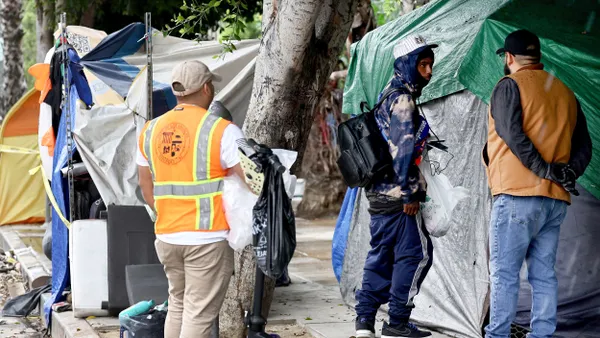Dive Brief:
- Seattle Mayor Jenny Durkan is proposing that all new buildings be equipped for electric vehicle (EV) charging as part of the city’s climate change strategy. Durkan outlined the proposal in her State of the City speech this week and has sent it to city council for approval.
- The proposal requires a certain number of parking spaces at all new buildings have the wiring and outlets to be ready for EV chargers.
- Under the proposal, any individual residence with private parking would have to include one EV-ready space, and multi-family developments with shared parking must have 20% of their spaces be EV-ready. At least 10% of spaces at non-residential buildings would have to be EV-ready.
Dive Insight:
EV deployment is one pillar of Durkan’s proposed Seattle Climate Action Plan, a 12-pronged strategy to make the city carbon neutral by 2050. Besides the charging proposal, the action plan also called for further electrifying the municipal fleet and making for-hire vehicle fleets electrified. Transportation accounts for two-thirds of the city’s carbon emissions, higher than most other cities, meaning electrification is a necessary step to reaching carbon neutrality. Nationally, the average is about 27%, according to the Environmental Protection Agency (EPA).
Charging infrastructure remains one of the biggest barriers to electric vehicle deployment in major cities, since drivers won’t want to buy cars they can’t charge. Retrofitting existing buildings to handle EV chargers can be expensive and burdensome; requiring new buildings to be prepared reduces one more roadblock to broader EV adoption. A lack of available chargers also complicates having electric fleets, especially for-hire vehicles.
Atlanta and New York City are among the other cities that have made EV readiness a building requirement, having passed a requirement for new residential and commercial buildings. Other cities are exploring putting out more roadside chargers, even building them into existing infrastructure such as lightposts.











